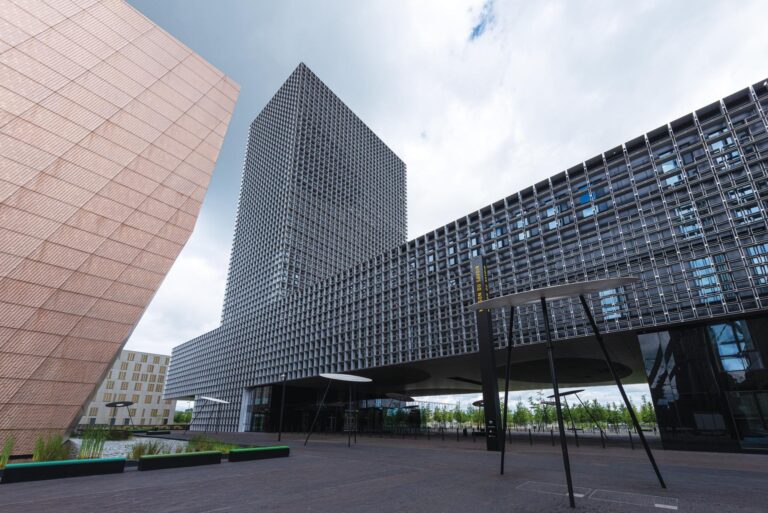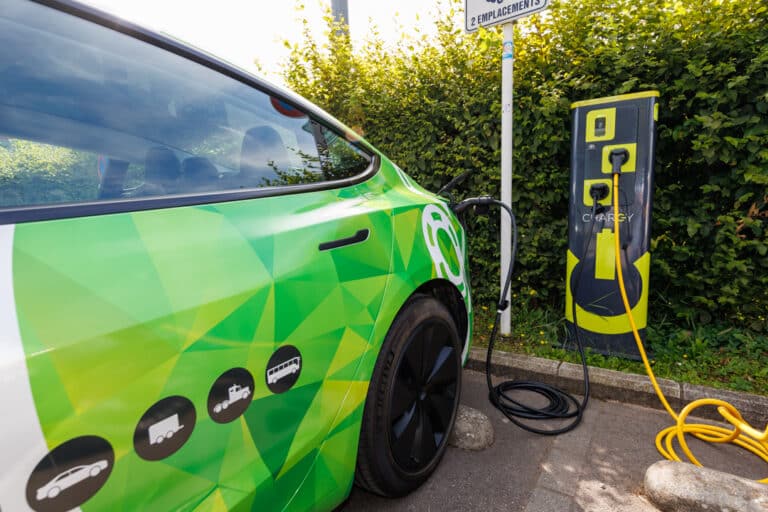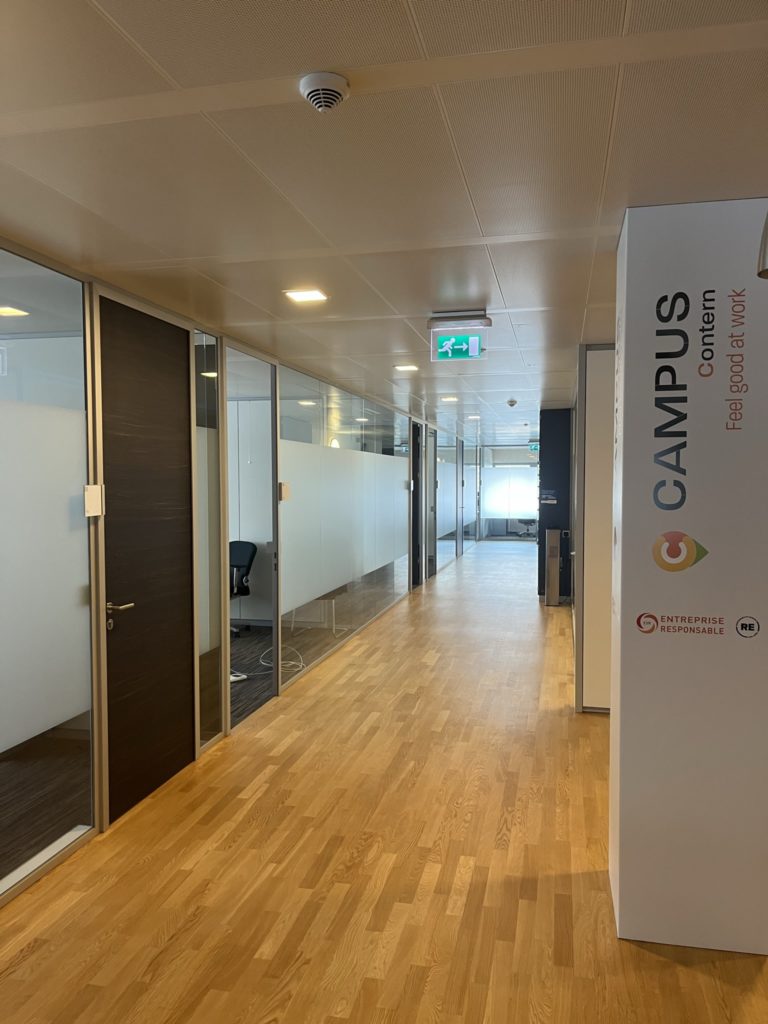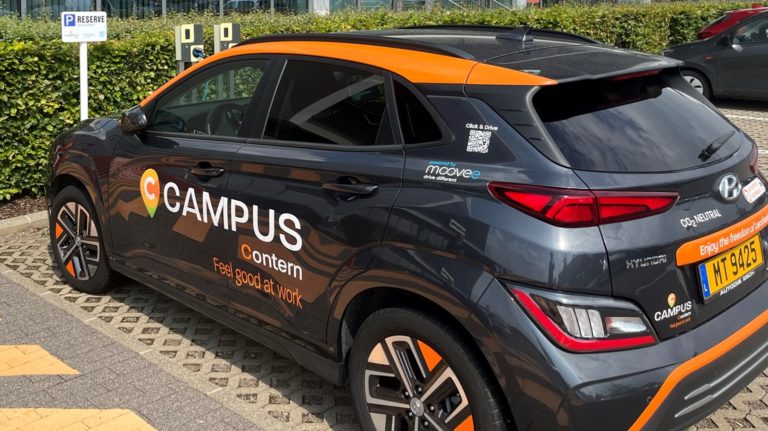Company profile
Founded in 2003, the University of Luxembourg is a public higher education and research institution. It boasts 3 faculties, 4 interdisciplinary centres and 3 campuses (Belval, Kirchberg, Limpertsberg). With almost 7,000 students, including 1,000 PhD students, 2,400 members of staff, including 300 professors, it is ranked among the top 250 universities in the world by THE (Times Higher Education).
Idea
Reducing energy consumption
Like many other public institutions, the University of Luxembourg took action during the Zesumme Spueren campaign to set an example by reducing its gas consumption during the winter of 2022-2023. For this reason, it launched an awareness-raising campaign among its employees to encourage them to adopt energy-saving behaviour.
In addition to the more technical aspects of managing its buildings, the University wished to mobilise its community in support of possible energy savings to encourage behavioural changes and achieve long-term sustainable results.
Design
Developing a holistic approach
To meet this goal and the relevant economic requirements, the University of Luxembourg designed a holistic approach that incorporates both technical interventions and behavioural changes. In terms of technical solutions,
they identified specific measures necessary to optimiser the heating, power supply and cooling management of the buildings.
Implementation
Technical measures and behavioural interventions
The campaign was officially launched in 2022. The University introduced a dedicated intranet page, effectively centralising the technical and behavioural actions taken as part of the initiative. In terms of technical measures, the heating of its buildings was optimised. The temperature of the premises has been limited to 20°C during the day and 16°C at night and on weekends, contributing to a more efficient energy use. Furthermore, weekend and holiday opening hours were reorganised to further reduce energy consumption.
As for its electricity consumption, a number of strategic adjustments were put in place. The brightness of common areas was reviewed, so that every other light source can be turned off provided that the minimum legal requirement (in terms of brightness) is met. A similar review and adjustment was carried out to the ventilation systems in the auditoriums and laboratories, by installing motion detectors in auditoriums to shut off ventilation when the rooms are unoccupied.
In terms of human behaviour, the campaign focused on raising awareness on multiple fronts:
- Members of the university community were made aware of the importance and their impact on reducing heating consumption, while at the same time ensuring that their offices stay properly ventilated.
- To promote a reduced electricity consumption, the university raised awareness on the appropriate use of lighting in common areas, corridors and offices, as well as how to efficiently use personal electronic equipment, such as computers and monitors at night, at weekends and when working from home.
Result
Lower energy consumption
The University of Luxembourg closely monitored its energy consumption from late 2022 to the end of May 2023, introducing energy-saving measures starting in October 2022. The results show a considerable 19.2% reduction in heat consumption in its buildings at Belval, Kirchberg and Limpertsberg as compared with the same period the previous year, and even a reduction of almost 25% when compared with the average from 2019 to 2021. These measures have resulted in estimated savings of around €600,000 and a reduction of 311 tonnes of CO2 equivalent, accounting for 6% of emissions linked to energy consumption. The impact on electricity consumption by staff and students is less pronounced, with around a 3% reduction from June 2022 to May 2023 compared with the previous 12 months and more than 5% compared with 2019-2021.



